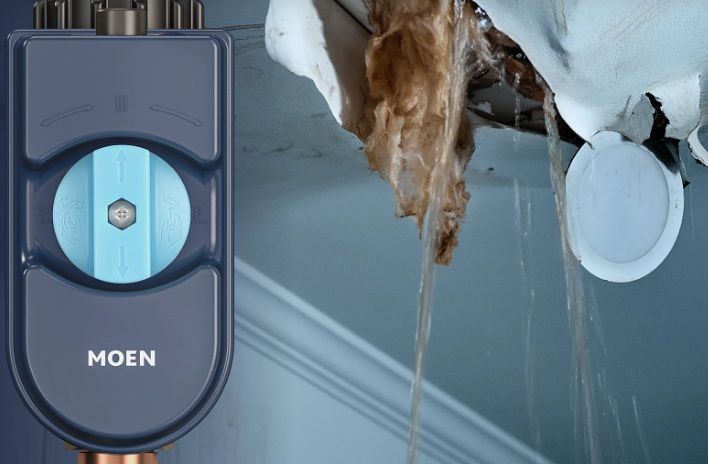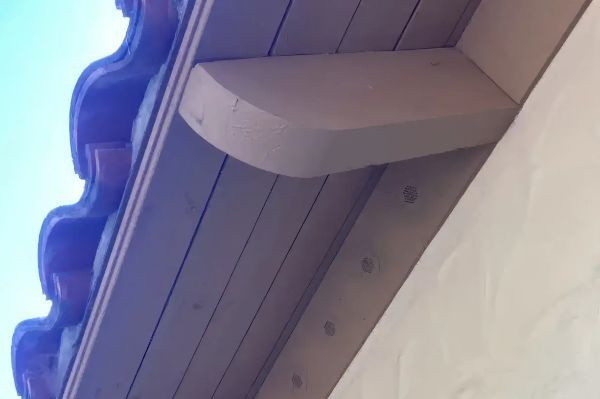How Long Do You Have To File A Home Insurance Claim After Something Happens?

I was working with a client a few weeks ago on their home insurance renewal. The client had a claim this past year and were worried about the claim being completed and getting paid out. (Ultimately, they will be paid, because the loss occurred during their policy period, even if they change to a different company.)
I did some reading in their policy to double check a few things. I came across a section about the timing of when you need to report a claim, which was a more pressing item, in my opinion. For this particular company, it stated that a claim needed to be filed within 1 year. While this may be applicable for fire damage or some other types of loss, it does not hold true for a water claim. In the last several years, we have worked with a lot of clients through their water claims. Typically, it has been slab leaks or plumbing leaks in the walls. What we have learned is that if you do not report a water leak within 10-14 days of it occurring, most insurance companies will determine that it was a slow leak, known as wear and tear, and not sudden and accidental. Wear and tear is an item that insurance will not cover, such as termite damage, or roots growing through your pipes or a leaky roof due to age. These things happen over time. But a water claim, while it may have only been happening for a short amount of time, much less than a tree growing and pushing up your foundation, insurance companies do not mince words on the length of time a leak can occur and still be covered.
About two weeks ago, we had a different client call us, who just returned from a 9-day vacation. When they arrived home, they noticed the carpet in the living room was wet, the base boards were warping and their wood floors were beginning to curl. I learned they were away for 9 days, because I asked, when did you notice the damage and how long were you away? If they had been gone for a month, the insurance company may not want to cover the damage, because at that point, it could be considered wear and tear by their policy contract language. Most insurance companies will write the terms and conditions and limits of their policies. It just comes down to, who reads that stuff? I do!
While it can be boring to read, and having a cavity filled is more fun than reading an insurance policy, it may be a good idea to skim through it, so you know what will or will not be covered in the event of a claim.
And, as always, you can call us to help you understand it, too.
Subscribe for More
Sign up in the Stay Informed section below to get on our list for more helpful tips and information.









